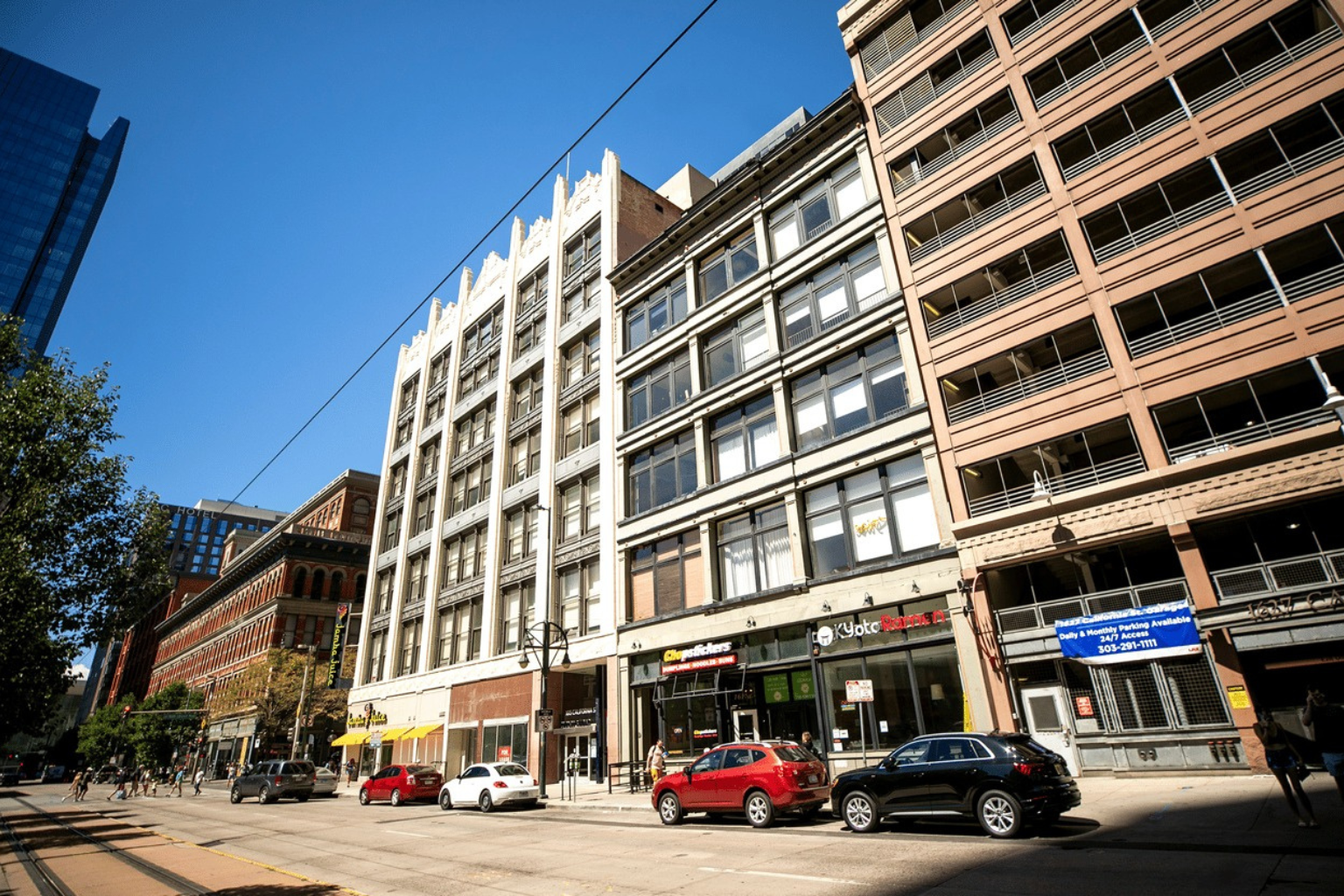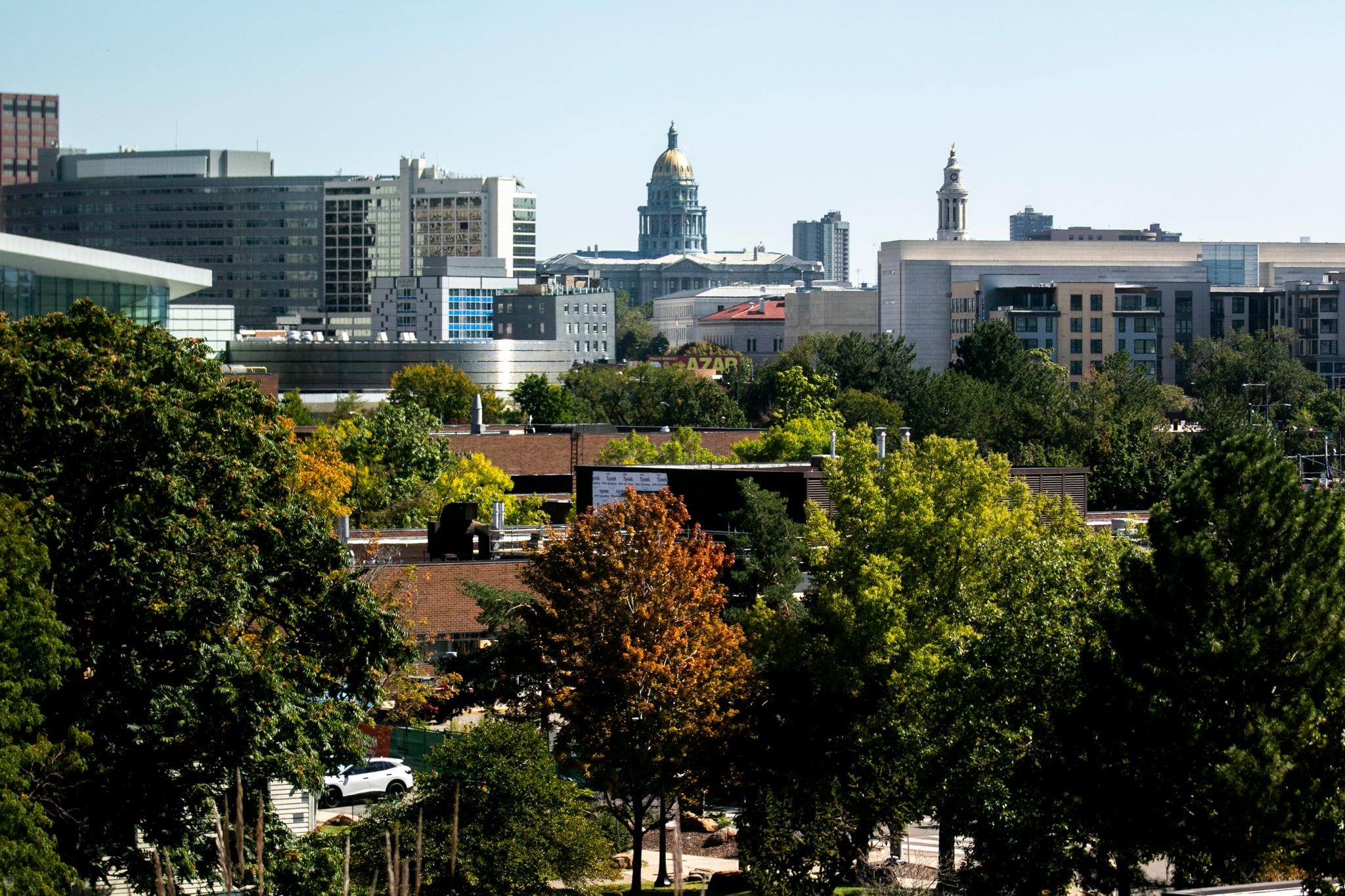
Colorado’s business leaders are still feeling pessimistic about the direction of the economy and what policy changes in Washington, D.C., mean for their companies, even after President Donald Trump rolled back the most extreme version of his tariff plan set forth in April.
The state’s executives were slightly more upbeat in the third quarter compared to the prior three-month period, according to an index from the University of Colorado’s Leeds School of Business. But not by much.
“Business confidence improved … but remained really squarely in negative territory,” said Richard Wobbekind, senior economist and faculty director at CU’s Leeds School of Business. “It is still in very, very pessimistic territory.”
The quarterly report surveys leaders about their expectations for the national and state economies, industry sales, profits, hiring plans and capital expenditures.
Various priorities of President Trump’s second term are putting Colorado’s business leaders on edge, including upending global trade and aggressive immigration enforcement that threatens to sweep up good workers who will be hard to replace, the survey found. Survey respondents were also unsure of how pulling back federal contracts and grants would impact the state’s economy.
‘Clear fear of tariffs’
Tariffs are the biggest source of unease among business leaders, the survey found.
“We see a clear fear of tariffs and overwhelmingly that is driving their sentiment in this survey,” Wobbekind said.
Some of the specific complaints articulated by survey respondents were not being able to plan adequately and difficulty predicting the future to make capital expenditures.
“Tariff uncertainty needs to be eliminated to have a strong sense of how to plan for future expansion,” one respondent wrote.
The temporary pause on tariffs on many U.S. trading partners is set to end July 9.. As yet, few new trade deals have been announced.
CU’s index measures how confident leaders feel across different components of the business outlook. For the third quarter, expectations were highest for industry sales. Confidence was lowest for the outlook for the state economy.
It’s not clear why the state’s executives are feeling sour on Colorado’s economy, according to Wobbekind. It could be due to potential job losses at the federal labs in local areas like Colorado Springs and Boulder, he said. Colorado also has one of the largest federal offices outside of Washington in Lakewood.
Colorado’s job market has been slowing for the past year, and now lags the U.S. in terms of job growth. Colorado’s unemployment rate is 4.8 percent, compared to a national rate of 4.2 percent.









